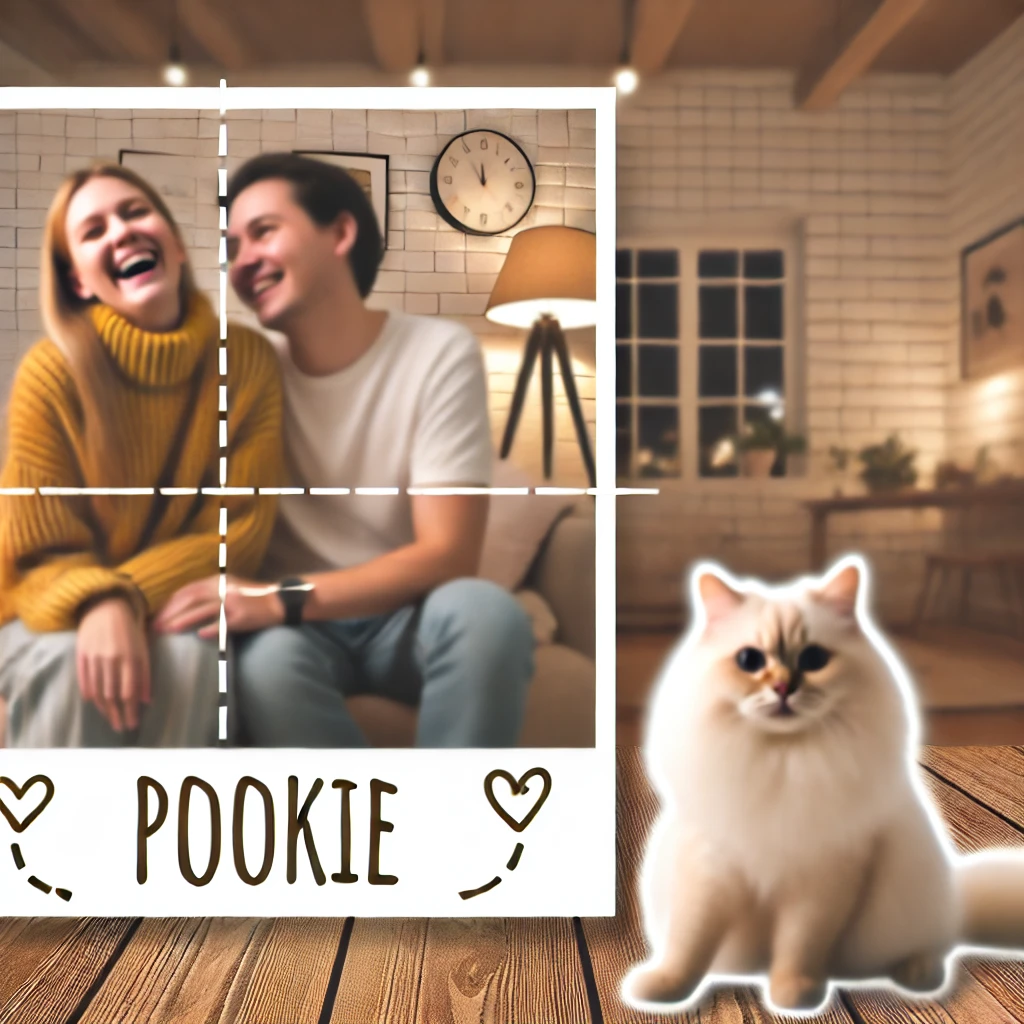What Does 'Pookie' Mean? And How to Use It
What Does "Pookie" Mean? And How to Use It
If you’ve ever heard someone call their friend, significant other, or even a pet "Pookie," you might have wondered what it actually means. Is it a term of endearment? A nickname? Or just a random word that sounds cute? Don’t worry—you’re not alone in your curiosity!
"Pookie" is one of those words that has found its way into everyday language, but its meaning can vary depending on who’s using it. In this article, I’ll break down the meaning of "Pookie," where it came from, and how you can use it in your own conversations.

1. What Does "Pookie" Mean?
At its core, "Pookie" is typically used as a term of endearment, much like "sweetie," "honey," or "babe." It's an affectionate nickname that can be used for someone close to you—whether it’s a partner, friend, or even a pet. The word carries a sense of warmth and fondness, and it’s often used in a playful or loving context.
Common Uses of "Pookie"
- Romantic Partners: Many couples use "Pookie" as a pet name for each other. It’s a cute, lighthearted way to show affection.
- Friends or Family Members: Some people use "Pookie" for close friends or family members as a fun, casual nickname.
- Pets: "Pookie" is a popular nickname for pets, especially dogs or cats, because of its soft, adorable sound.
I’ve actually had friends call their dogs "Pookie," and the word seems to fit perfectly with their fluffy little pups. It’s such a versatile and cute name that can be used in a variety of relationships.
2. Where Did "Pookie" Come From?
While the exact origin of "Pookie" isn’t clear, it’s likely that the term evolved from other affectionate nicknames. It may have been popularized through pop culture and media, as words like this often find their way into mainstream usage through TV shows, movies, or even songs.
Pop Culture Influence
"Pookie" has popped up in several movies and TV shows over the years, often as a sweet or playful term. For example, in the movie New Jack City, one of the characters is named "Pookie," though the context there is quite different. However, it’s more commonly used in lighthearted or romantic settings. Hearing it in different contexts and shows could be why it has caught on as a favorite nickname.
3. How to Use "Pookie" in Conversation
If you’re considering using "Pookie" as a nickname for someone (or something), it’s important to keep in mind the context and the relationship you have with the person. Because "Pookie" is an intimate term, it’s best reserved for people you are close to.
For Romantic Relationships
If you’re using "Pookie" with your partner, it’s likely to be received well—especially if you already use other terms of endearment. Just remember that nicknames like these can be very personal, so it’s good to make sure your partner is comfortable with it.
For example, I once tried calling my partner "Pookie" just for fun, and luckily they thought it was cute. It became one of our regular nicknames for each other after that, adding a playful vibe to our conversations.
For Friends or Family
Using "Pookie" with close friends or family members can be a fun way to add some humor and affection to your interactions. If you have a playful relationship with a friend, calling them "Pookie" in a joking way can bring a smile to their face. However, make sure your friend is okay with nicknames—what works for one person might not work for another!
For Pets
Pets are often the perfect recipients of cute nicknames, and "Pookie" works really well for dogs, cats, and other small animals. In fact, I once named my cat "Pookie" for a few weeks just because it felt right. (Eventually, I switched to something else, but "Pookie" still pops up from time to time!)
4. Variations of "Pookie"
Sometimes, terms of endearment evolve into variations that feel even more personal. If you want to get creative with "Pookie," here are a few fun options:
- Pooks: A shortened, even cuter version of "Pookie."
- Pookie Bear: Adding “bear” to almost any nickname makes it more adorable.
- Pookster: A playful and unique twist on the original.
Feel free to come up with your own version of "Pookie" depending on what suits your relationship best. Sometimes, playing around with nicknames is part of the fun!
5. When Not to Use "Pookie"
While "Pookie" is generally a lighthearted and affectionate term, there are moments when it might not be appropriate. For example, using it in a professional setting or with someone you don’t know well could come across as too casual or overly familiar.
I learned this lesson the hard way when I accidentally called a colleague "Pookie" out of habit (I’d been using it with a friend earlier). Thankfully, they laughed it off, but it reminded me to keep nicknames for the right context!